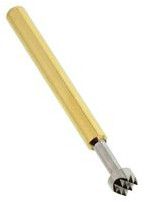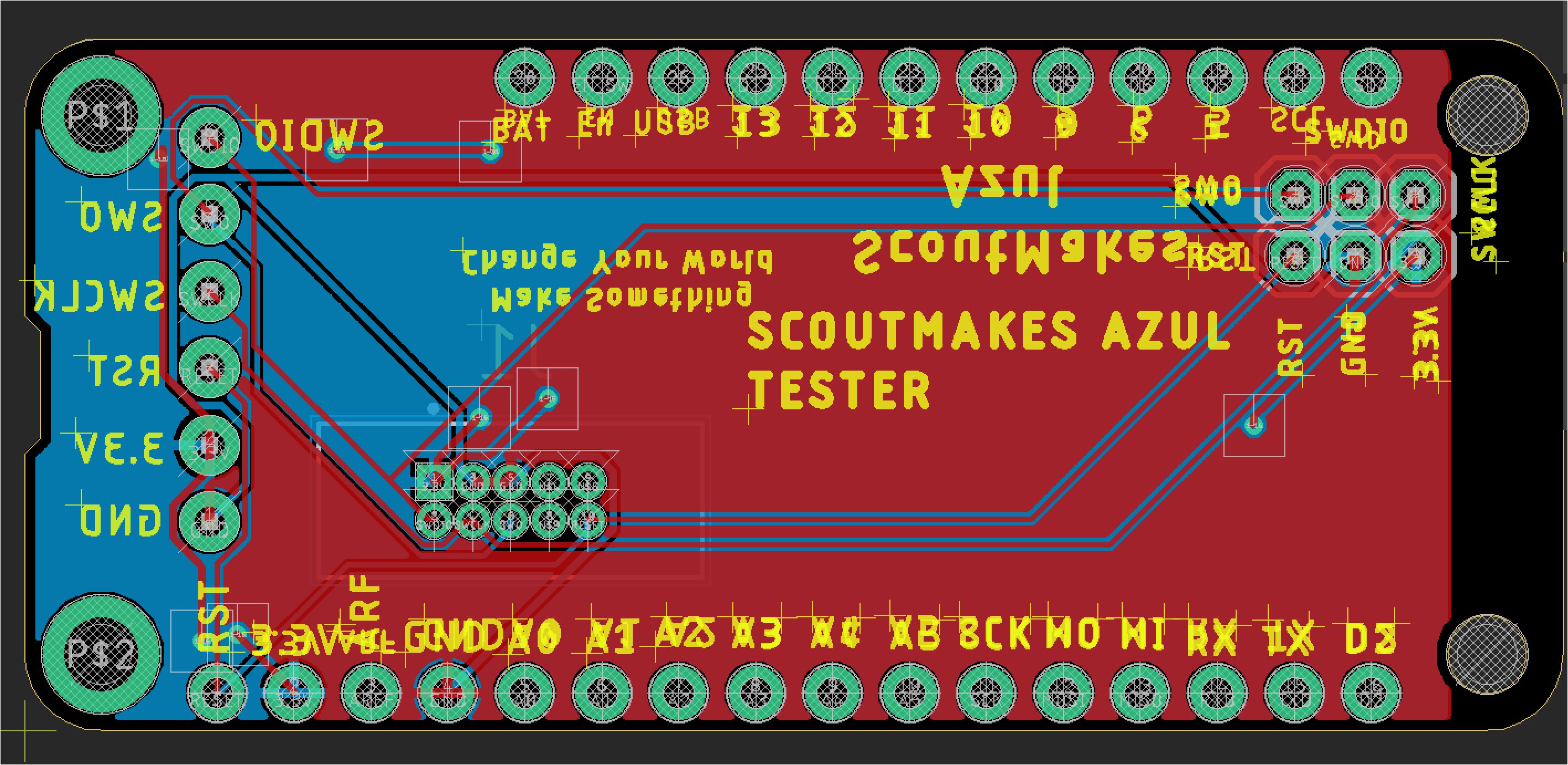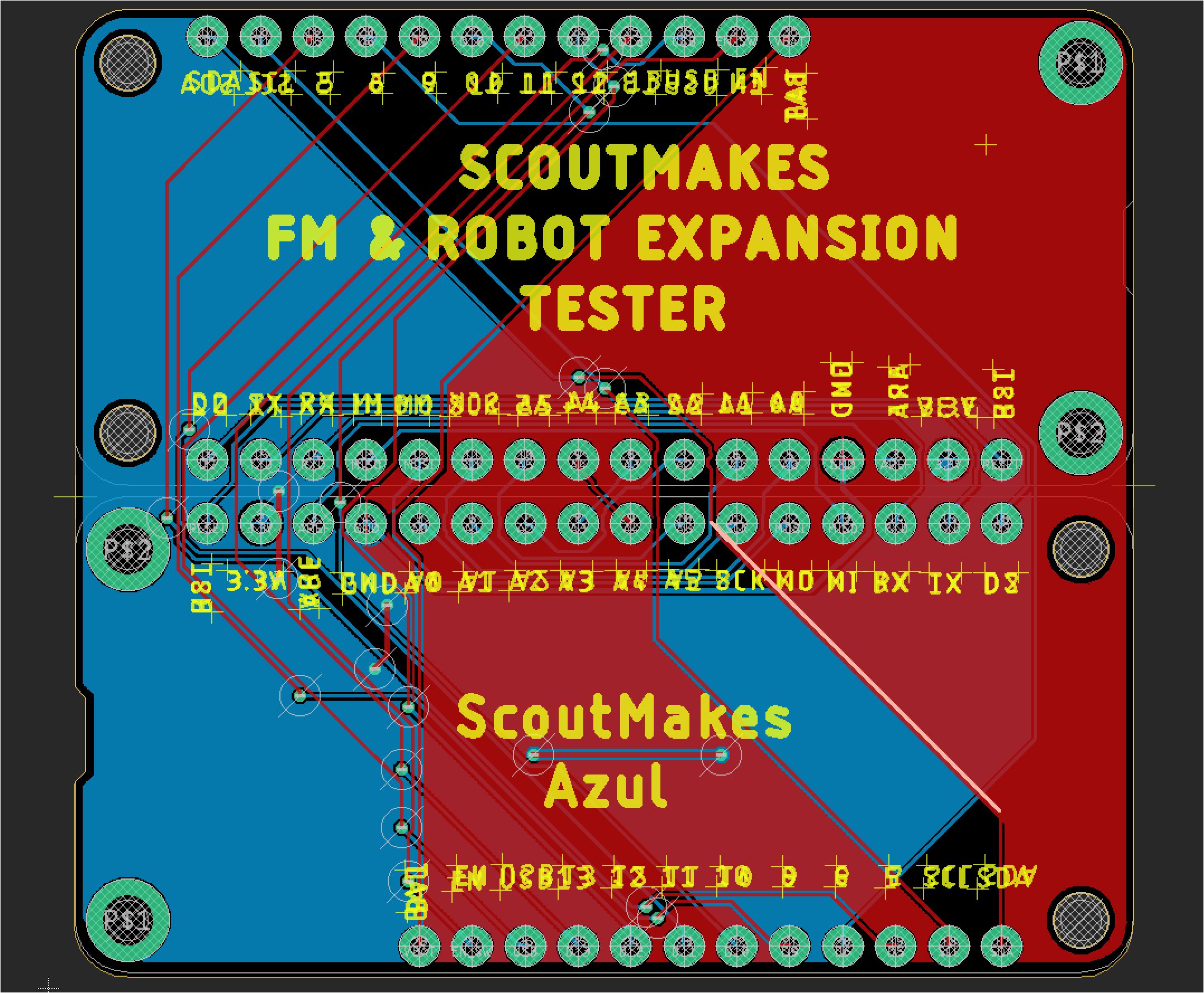We are now at 35% funding with a few weeks still to go. Thank you to all the backers who have supported the project so far.
For anyone else considering backing us, please do! You will not only help bring awesome educational electronics kits into the world, you’ll also help support great organizations, such as Black Girls Code, since 10% of proceeds from this campaign will be donated.
Meanwhile, here are a few development updates…
We have been busy getting test jigs ready for the boards. Once the boards are assembled, we have to ensure they function as intended prior to shipping. In addition, firmware such as the bootloader must be burned onto the nRF52840 on the Azul.
To accomplish that, we’ve built the jigs listed below. We will continue to iterate their design as time goes by before production.
ScoutMakes Azul Bootloader Flashing Jig
This testing jig will have pogo pins on the through-hole pads which make contact with the board sitting above it (like a bed of nails). Pogo pins are spring loaded probes that allow you to quickly perform tests or flash PCBs during manufacture.
Here’s a great video showing pogo pins in action:
To flash the bootloader to the Azul board, we will be using OpenOCD (Open On-Chip Debugger) running on a Raspberry Pi. OpenOCD provides debugging, in-system programming, and boundary-scan testing for embedded target devices.
You can read more about how to program devices using OpenOCD on a Raspberry Pi on Adafruit’s website.
Robot & FM Expansion Board Test Jig
We decided to combine the test jigs for the FM and Robot expansion boards into one PCB. A ScoutMakes Azul with the relevant test program will be plugged into the bottom part of the PCB and the top portion will have either of the expansion boards.
The FM expansion board can be tested with the headphones connected and pre-tuned to a particular frequency to ensure there’s audio output. This will ensure the expansion board is functioning properly.
The Robot expansion board tests include the motor connectors, neopixel LEDs, and buzzer. Those are the main components of the design that require testing following assembly. Pogo pins on the top portion of the PCB will allow for quick testing.
Cheers, and see you on the next update!








